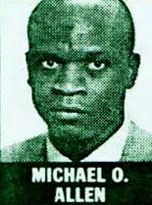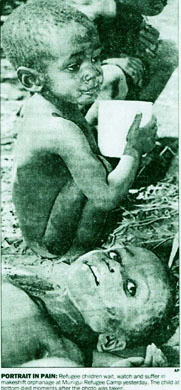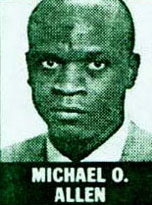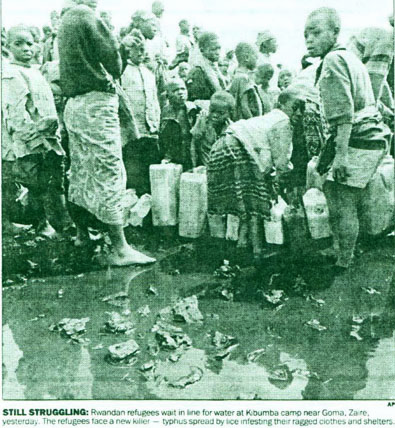

by MICHAEL O. ALLEN, Daily News Staff Writer | Wednesday, August 3, 1994
KIGALI, Rwanda – Leaders of this war-ravaged nation yesterday said they will execute those responsible for the slaughter of up to 500,000 Rwandans in ethnic fighting.
“Those who willingly carried out genocide deserve no less than the death penalty,” Rwanda’s President Pasteur Bizimungu told the Daily News yesterday at his villa near the capital, Kigali.
“We need a fair and transparent justice as a pillar of the government of national unity,” he said. “We don’t want to wait two or three years before we start.”
Bizimungu said trials and executions must begin soon to avoid revenge atrocities.
Speaking from his makeshift office at the Meridien Hotel in Kigali yesterday, Prime Minister Faustin Twagiramungu agreed.
“We do not want to be involved in retribution, revenge reprisals. The law must be followed,” he said.
 The former government and ousted Rwandan Army, which triggered the civil war in April, primarily were composed of radical, ruling class Hutus. The Hutus, however, were defeated by Tutsi rebels in the Rwandan Patriotic Front.
The former government and ousted Rwandan Army, which triggered the civil war in April, primarily were composed of radical, ruling class Hutus. The Hutus, however, were defeated by Tutsi rebels in the Rwandan Patriotic Front.
Bizimungu and Twagiramungu are moderate Hutus appointed by the Tutsi government. Among the issues causing a rift within the fledgling government is when elections will be held.
Asked by the Daily News yesterday when he would be putting himself up for election, Bizimungu became agitated.
“There has been a tragedy in our country,” he snapped. “If you were sensitive to our tragedy you would not be asking for an election.”
In sharp contrast, the bespectacled Twagiramungu smiled easily as he sat in his office yesterday. Room 529 was neat and furnished with a dining room table and four sofas arranged around a coffee table. It does not give the appearance that the business of governing a nation of seven million people is being conducted here.
But it was here Twagiramungu met with George Moose, the U.S. assistant secretary of African Affairs, and assured him he welcomes America’s help in the daunting task rebuilding the nation.
Yesterday, U.S. Army convoys delivered more than 100,000 gallons of water to Rwandan refugees, bolstering their chances of surviving in crowded, disease-infested camps in Zaire. But much more will be needed to defeat the cholera, dysentry and simple dehydration that have killed more than 20,000 people since the refugee crisis began two weeks ago.
Read More












 I don’t remember who started it, or when it started, so let’s blame it on Jimmy Carter. The former president rehabilitated his public service record by becoming a world do-gooder in chief.
I don’t remember who started it, or when it started, so let’s blame it on Jimmy Carter. The former president rehabilitated his public service record by becoming a world do-gooder in chief.
